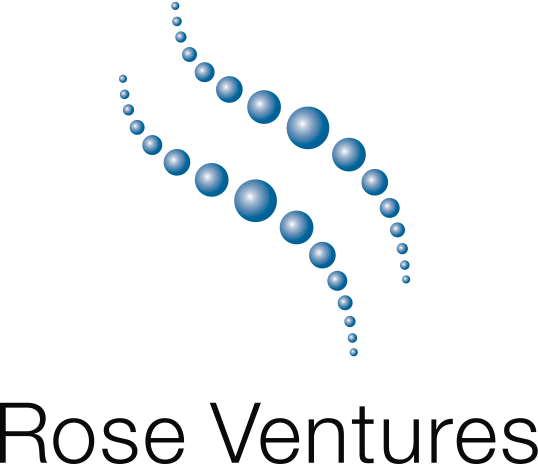Never Fake It Til You Make It
Jury selection begins today in the trial of Elizabeth Holmes, the notorious ex-CEO of Theranos (https://www.nytimes.com/2021/08/30/technology/trial-elizabeth-holmes-theranos.html?searchResultPosition=1). No company has done more damage to the public’s faith in early stage diagnostic companies in my lifetime. And no individual has made it more difficult for female entrepreneurs to be taken as seriously as they should be (https://www.nytimes.com/2021/08/24/technology/theranos-elizabeth-holmes.html?searchResultPosition=2). If you’re not familiar with the full story, read the book “Bad Blood” by John Carreyrou.
Perhaps the worst advice ever given to the current generation of young entrepreneurs is the Silicon Valley saying “fake it til you make it”. Honesty, integrity, transparency and trust are key values in any business with which I’d want to be invested or affiliated. This is true for any business, but even more so for life science / healthcare businesses as the products or services they are commercializing can directly impact people’s lives, ranging from diagnosing disease to treating ailments, with major consequences. On a personal level, when a CEO fakes it and is discovered, their credibility and reputation are ruined forever.
The notion of faking it early on, creating the appearance of success in advance of actual success, is mostly an ill-advised strategy for raising money and inflating valuations, in an attempt to create wealth for founders and early investors before actually achieving the basis of a truly great valuation. I’ve had a few personal experiences with CEOs who have embraced this philosophy, and none of them have ended well. Some investors I know simply accept this as “part of the game”, shrug it off, and view these CEOs as simply being enthusiastic missionaries for their businesses - which is certainly a good and necessary thing in a startup environment. I’ve been told that these are “aspirational” comments, and not boldfaced lies. But there’s a big difference between promoting the exciting early data you have and your vision for the future, versus making claims of successful accomplishments that have not actually happened and perhaps never will. In the context of fundraising, this amounts to misleading investors, and that’s called fraud.
I have great admiration for the true technical and business visionaries of our time, scientists and entrepreneurs who have had bold visions for changing the world and presented them as such (e.g., Hood, Langer, Swanson, Afeyan, Flatley, Termier, Rathmann). They passionately told their stories of what they hoped to accomplish, generally using language anyone can understand, and gave confidence to investors, analysts, employees and prospective customers that they would in fact succeed. But they didn’t claim victory until they could actually demonstrate proof, and this usually took many years of hard work in a multidisciplinary environment where many things could have gone wrong. Managing that process, both the internal operations of an early stage company as well as the external communications – whether to investors or customers – is a critical function of the CEO, with the support of their Board. Lying is not part of the job description. You simply don’t claim that you “can” do something until you’ve got the data to support it and are willing to share that openly.
So I’ll be watching the Holmes / Theranos trial unfold, and hope that young entrepreneurs are paying close attention to what happens when one creates a business characterized by secrecy, lies and fantastical representations of accomplishments never achieved. That’s simply not what being an entrepreneur is all about. There’s a huge difference between confidence, passion, the ability to effectively communicate your message and inspire and connect with others, versus faking it.
added 1/4/22: The trial of Elizabeth Holmes
added 1/27/22: Opinion | What Elizabeth Holmes and Theranos Reveal About Venture Capitalism
